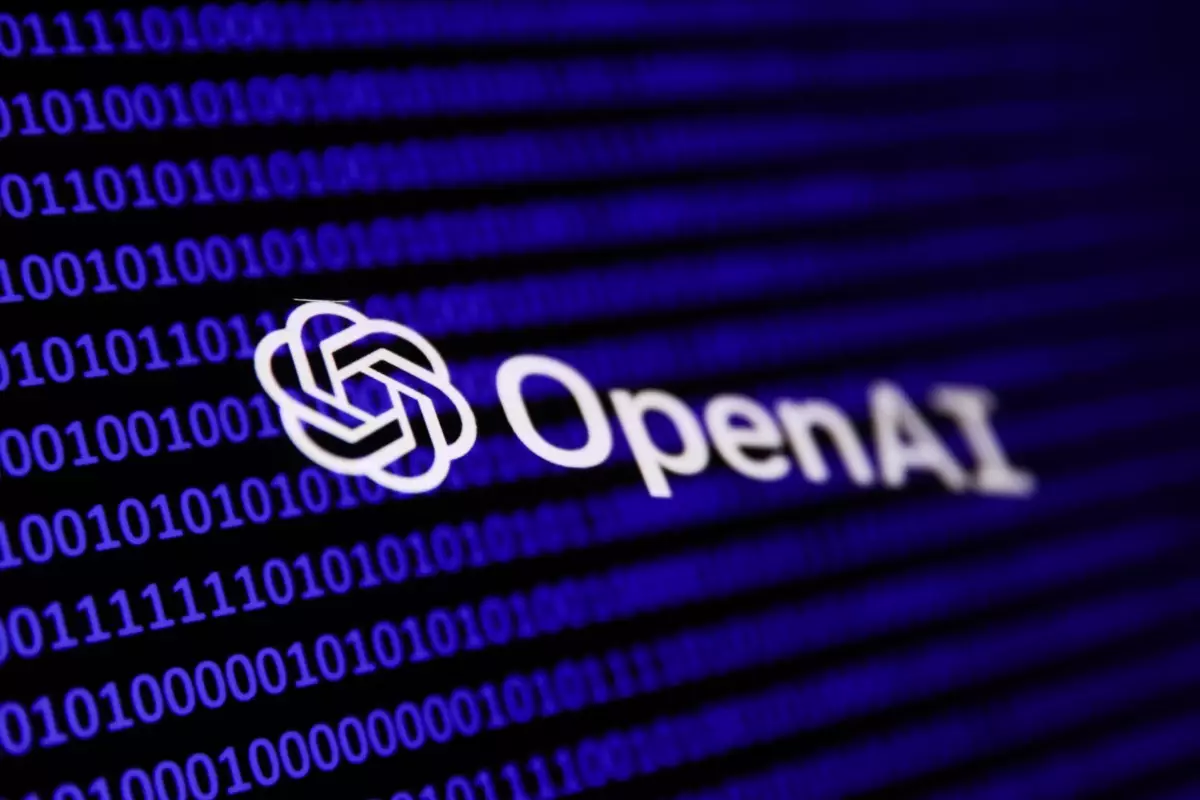In a disheartening turn of events, the tech world has been shaken by the untimely death of Suchir Balaji, a 26-year-old former AI researcher with OpenAI. Found dead in his San Francisco apartment under circumstances ruled as suicide by the San Francisco Office of the Chief Medical Examiner, Balaji’s life and work have positioned him at the intersection of groundbreaking technology and pressing ethical considerations. His death raises vital questions about the impact of artificial intelligence on society and highlights the psychological burdens faced by those within this rapidly advancing field.
Balaji was no ordinary tech worker; his journey began at the University of California, Berkeley, where he studied computer science. His passion for AI led him to intern at prestigious companies like OpenAI and Scale AI before becoming a full-time team member. During his nearly four years with OpenAI, Balaji was involved in significant projects, including the development of WebGPT and pretraining for GPT-4. His professional pursuits, however, became shadowed by ethical dilemmas that increasingly troubled him, particularly the question of copyright infringement in the generative AI landscape.
In interviews leading up to his death, Balaji expressed serious concerns regarding OpenAI’s practices, especially the appropriation of copyrighted material to train its models. His revelations came amidst a wave of lawsuits against the company from major media entities claiming copyright violations. The gravity of his concerns struck a chord in an industry where technological advancement often blurs the lines of legality and ethics.
Balaji’s experience at OpenAI illustrates a broader issue within the tech industry: the mental health challenges stemming from ethical conflicts. He articulated his struggle with the startling realization that many AI products, including ChatGPT, did not seem to qualify as fair use of their training data. As he delved deeper into the longstanding debate about copyright and AI, Balaji became increasingly troubled by the potential consequences of the technology he helped create. The burden of this knowledge, it seems, was heavy enough to take a tragic toll on his mental state.
His tweet in October underscored his awakening: “I initially didn’t know much about copyright… but became curious after seeing all the lawsuits filed against GenAI companies.” This comment reflects a common sentiment among professionals in tech—a disillusionment that emerges when passion for innovation clashes with the ethical implications of that work. The rare transparency exhibited by Balaji in his discussions of these themes resonates deeply within a culture often reluctant to confront such uncomfortable discussions.
Upon the news of Balaji’s death, the AI community responded with an outpouring of grief and reflection. Many fellow researchers and former colleagues took to social media, sharing their condolences and memories of a talented individual who grappled with the ethical weight of his contributions. This collective mourning highlights the vital importance of mental health discussions within the tech community, particularly in high-stakes fields where the pace of advancement can far outstrip considerations for safety and responsibility.
Balaji’s situation presents a sobering reminder of the necessity for a more open dialogue about mental health in technology spheres. As the field of AI continues to grow, fostering a supportive environment where researchers can express their concerns and seek help is imperative. The complexity of the issues inherent in the technology demands that we also take into account the human consequences of these advancements, lest we neglect the emotional welfare of those driving innovation.
The tragic story of Suchir Balaji serves not only as a haunting reminder of the personal costs associated with technological advancement but also as a clarion call for ethical introspection in the AI community. His struggles encapsulate the fragility of mental health amid the pressures of pioneering critical technologies. As the AI landscape evolves, it is essential that industry leaders actively engage in discussions of ethical practice and establish frameworks that prioritize the well-being of those at the forefront of innovation.
In honoring Balaji’s legacy, the tech community must strive to foster an environment that not only values groundbreaking advancements but also prioritizes ethical integrity and mental health support. The intersection of technology, law, and ethics must be navigated with care, and in doing so, we can ensure that the memory of individuals like Suchir Balaji leads to a more responsible and compassionate approach to the future of AI development.

